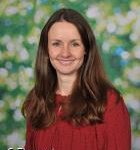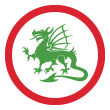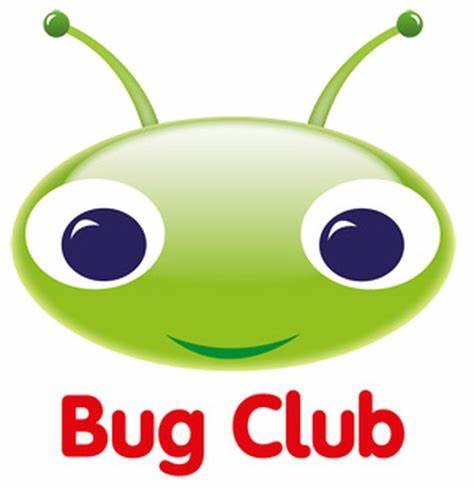Welcome to Wye Class
English and History
Our main topic this term will focus on learning about the Romans as settlers, exploring their involvement in Britain and the impact they have had on our country and our lives today. In English, we will be researching facts about the Roman Empire and will mainly be writing non-fiction texts. This will include a non-chronological report based on an area of interest your child has within this exciting period of history. In addition, we will be writing a diary recount of life as a Roman soldier and a report about Boudicca’s revolt.
The children and I are very excited about a class trip to Caerleon Museum, which has been booked for after half term. This is a wonderful museum that brings the features we are learning about in the classroom to life through real experiences.
Maths
We will be continuing to develop our place value knowledge and learning more formal methods for multiplication and division, including mental recall strategies. We will be focusing on recalling facts for the two, five and ten-times tables from Year Two, and learning the three, four and eight-times tables in Year Three.
The Froggy Maths Club will continue, and I am delighted to see how much the children are enjoying and embracing the challenge of working hard to leap to their next lily pad. I will also be introducing a multiplication challenge for pupils who are excelling in the Froggy Maths Club. Once again, thank you for all the extra practice taking place at home. Learning number bonds to 10, 20 and 100 and also the times tables by rote strongly supports your child in developing these important life skills. Practice, practise makes perfect!
Geography
After half term, we will be answering the question: Is the weather getting wilder? We will be learning how the Earth’s surface is made up of different pieces called tectonic plates. The movement of these plates can change landscapes and lead to the destructive powers of nature, including volcanoes, earthquakes, tsunamis and tornadoes. Through discussion and practical tasks, the children will learn how and why these natural phenomena occur and the ways they affect people and the environment.
Science
In Science this term, we will be learning about Animals and Humans. We will explore different food groups and healthy eating in both humans and animals. We will also learn about the functions of the skeleton and muscles.
After half term, we will be learning about Light and Shadows. We will investigate how shadows are formed, how they change shape at different times of the day, and whether transparent, translucent or opaque materials allow light to pass through them.
General
Spellings will be sent out in the weekly email and tested on the following Friday. Please encourage your child to practise these at home. Homework will be given out termly and will be project based. This should be completed by the end of each half term.
Reading will continue to be a major focus this term, and regular practice at home greatly supports your child’s progress. I am asking each child to read five times a week in their own time and to make an entry in their reading journal
Our Teachers

Miss Glover
Teacher

Mrs Farmer
Teaching Assistant
Mrs Ferneyhough
Teaching Assistant
Things To Remember
Our P.E. sessions this half term will take place on Mondays and Fridays. Please ensure your child wears their P.E. kit to school on these days. Please note that we will be swimming every day during weeks commencing 19th and 26th January 2026.

